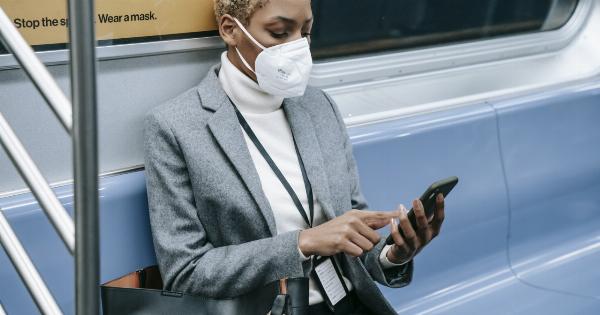A new wave of Meningitis B is sweeping through communities, causing concern among healthcare professionals and families alike. Meningitis B is a highly infectious disease that can have devastating consequences if not diagnosed and treated promptly.
In this article, we will explore the symptoms of Meningitis B, its potential risks, and the importance of vaccination in preventing its spread.
What is Meningitis B?
Meningitis B is an infection caused by the bacteria Neisseria meningitidis serogroup B. It primarily affects the meninges, which are the protective membranes surrounding the brain and spinal cord.
The bacteria can spread through respiratory droplets from close and prolonged contact with an infected person. This makes college campuses, boarding schools, and other densely populated areas particularly vulnerable to outbreaks.
Symptoms of Meningitis B
Early symptoms of Meningitis B can be nonspecific and easily mistaken for other illnesses. Common signs include:.
- High fever
- Headache
- Stiff neck
- Nausea and vomiting
- Fatigue
As the infection progresses, more severe symptoms may develop, such as:.
- Photophobia (sensitivity to light)
- Seizures
- Petechial rash (small purple or red spots on the skin)
- Altered mental status
- Coma
The Impact of Meningitis B
Meningitis B can have significant short and long-term consequences for those affected. For some, the infection can lead to lifelong complications, including:.
- Hearing loss
- Vision problems or blindness
- Amputations due to tissue damage
- Intellectual disabilities
- Seizures
Furthermore, Meningitis B can be fatal, especially if not promptly diagnosed and treated. The speed at which the infection progresses emphasizes the need for immediate medical attention.
Vaccination: The Best Defense
In recent years, vaccines have emerged as an essential tool in preventing the spread of Meningitis B. One such vaccine is the MenB vaccine, which provides protection against serogroup B.
Vaccination is typically recommended for children, adolescents, and young adults who may be at a higher risk of exposure, such as those living in close quarters or participating in activities that involve close contact.
It is important to note that even with vaccination, there is no guarantee of complete immunity.
However, vaccinated individuals who contract Meningitis B are more likely to experience milder symptoms and have a better prognosis compared to those who are unvaccinated.
Recognizing the Signs and Seeking Medical Help
Early recognition of Meningitis B symptoms is crucial for a positive outcome. If you or someone you know is experiencing symptoms associated with the infection, it is essential to seek immediate medical attention.
Remember that quick diagnosis and treatment can make a significant difference in recovery. Do not hesitate to contact emergency services if symptoms worsen rapidly.
Maintaining Hygiene and Preventive Measures
While vaccination is a critical preventive measure, other precautions can also help reduce the risk of Meningitis B:.
- Practice good hand hygiene by washing hands frequently or using hand sanitizers.
- Avoid sharing personal items such as drinking glasses, utensils, or lip balm.
- Cover your nose and mouth with a tissue or your elbow when coughing or sneezing.
- Disinfect commonly touched surfaces regularly.
- Stay home when feeling unwell to prevent spreading the infection.
Community Awareness and Education
Community education and awareness campaigns play a crucial role in preventing the spread of Meningitis B.
Schools, colleges, and healthcare providers should work together to promote information about the infection, its symptoms, preventive measures, and the importance of vaccination. Regular communication channels, informative sessions, and targeted awareness programs can help empower communities to protect themselves and others.
The Way Forward
Meningitis B remains a significant public health concern, especially with the recent surge in cases. Proactive measures such as vaccination campaigns, community education, and maintaining good hygiene can help prevent the spread of the infection.
Ensuring access to vaccinations and timely medical care is paramount to minimize the impact of this potentially devastating disease.





























